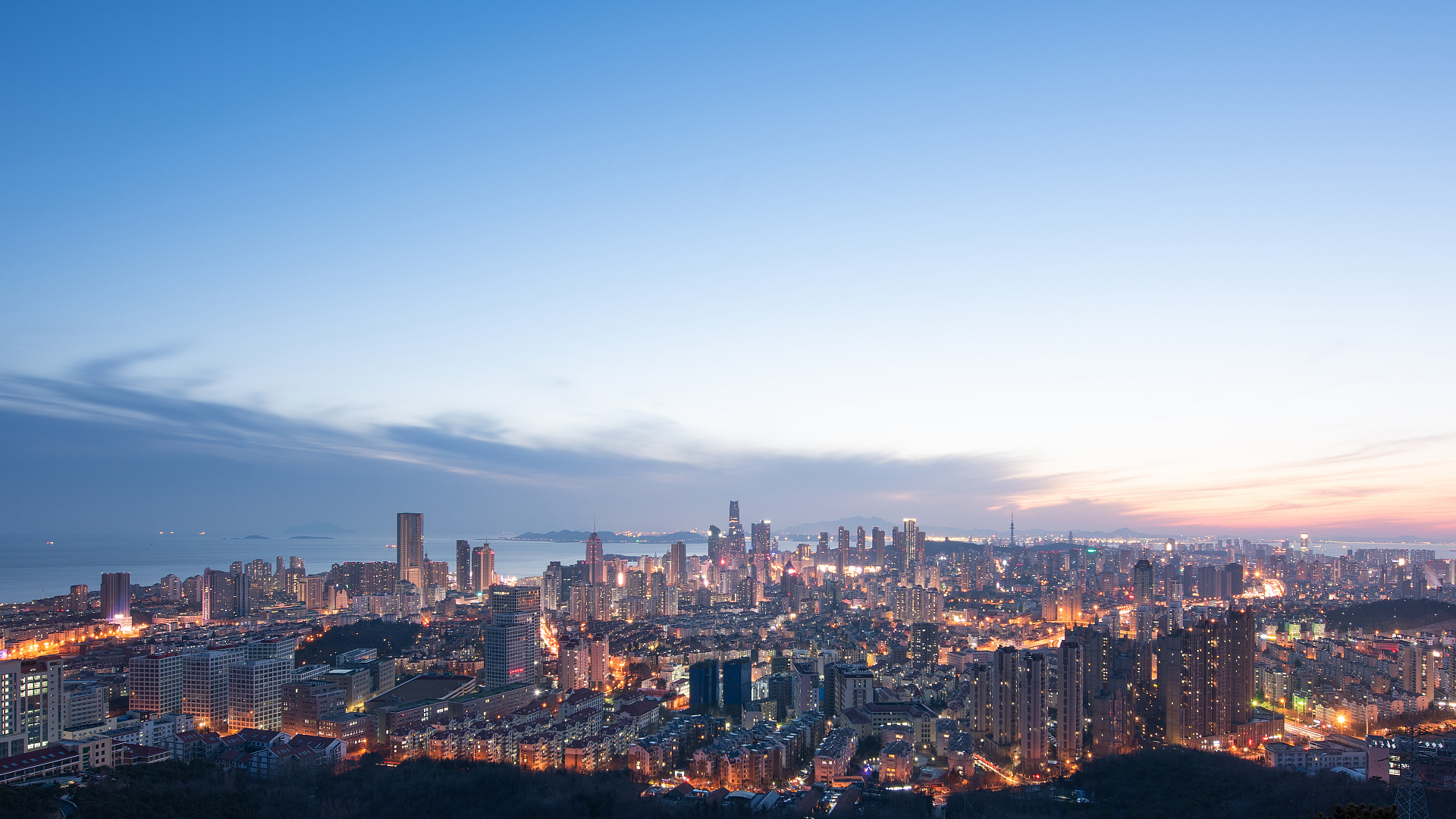BYD's installed capacity of power and energy storage batteries exceeded 100GWh in the first three quarters.
On the evening of October 2, BYD Company Limited released its September production and sales report on the Hong Kong Stock Exchange, showing that the company's September sales of new energy vehicles reached 287,500 units, compared with 201,300 units in the same period last year.
In terms of passenger vehicles, BYD sold 286,903 units in September, a year-on-year increase of 42.8%. Among them, in September, the company's Dynasty/Ocean series sold 273,747 units, a year-on-year increase of 36.2%; Denza sold 13,156 units; and overseas sales of new energy passenger vehicles reached 28,039 units, a year-on-year increase of 262.4%.
In the first three quarters of this year, BYD's cumulative sales reached 2.0796 million units, a year-on-year increase of 75.48%. To date, BYD's cumulative sales of new energy vehicles have exceeded 5.4 million units.
In addition, in terms of batteries, in September, BYD's total installed capacity of new energy vehicle power batteries and energy storage batteries was approximately 14.348 GWh, and the cumulative installed capacity in the first three quarters of this year was approximately 100.931 GWh.
Since the beginning of this year, European household energy storage and global large-scale power station projects have continued to be popular. As a major player in the global energy storage market, BYD's energy storage products cover six continents, more than 70 countries and regions, and more than 400 cities.
To date, BYD has won bids for several domestic energy storage projects. For example, in mid-March, BYD won the bid for the 600,000 kW photovoltaic + 600,000 kWh energy storage project in Fukang City, Xinjiang, by Power Construction Corporation of China. It is expected that the company's energy storage battery shipments will reach 30-40 GWh in 2023, with a year-on-year increase of over 150%.
Compared with the new energy vehicle business, the development of BYD's energy storage business was limited in the early stages. Wang Chuanfu, Chairman and President of BYD, previously stated: "The demand for batteries was too strong in 2022, and most of BYD's production capacity was allocated to the power sector. In 2023, we will coordinate the power and energy storage sectors."
On June 15 this year, the construction of BYD's global R&D center and energy storage industrial park project started in Longgang District, Shenzhen. The planned investment for BYD's global R&D center is 20 billion yuan, and the planned investment for the energy storage industrial park project is 2 billion yuan. Upon completion, BYD's energy storage industrial park project will add 20 GWh of energy storage system production capacity.
In the long term, the global energy storage industry market has considerable growth potential. With the rapid development of the energy storage industry and the company's focus on energy storage capacity this year, BYD's global shipments of lithium iron phosphate batteries for energy storage will also reach a new level.
In terms of products, in May this year, BYD launched its first energy storage system integrating blade batteries, the "BYD Magic Cube".
The core features of the "BYD Magic Cube" energy storage system are its use of blade batteries and the world's first CTS integrated technology, which is Cell-to-System integration. This directly integrates the battery cells into the energy storage system, reducing the number of parts by about 36%, improving space utilization by about 98%, and increasing structural strength by about 30%. The "BYD Magic Cube" can be flexibly combined and is suitable for industrial and commercial energy storage and power station-level energy storage applications.
Source: China Fortune Network
Recommended News


